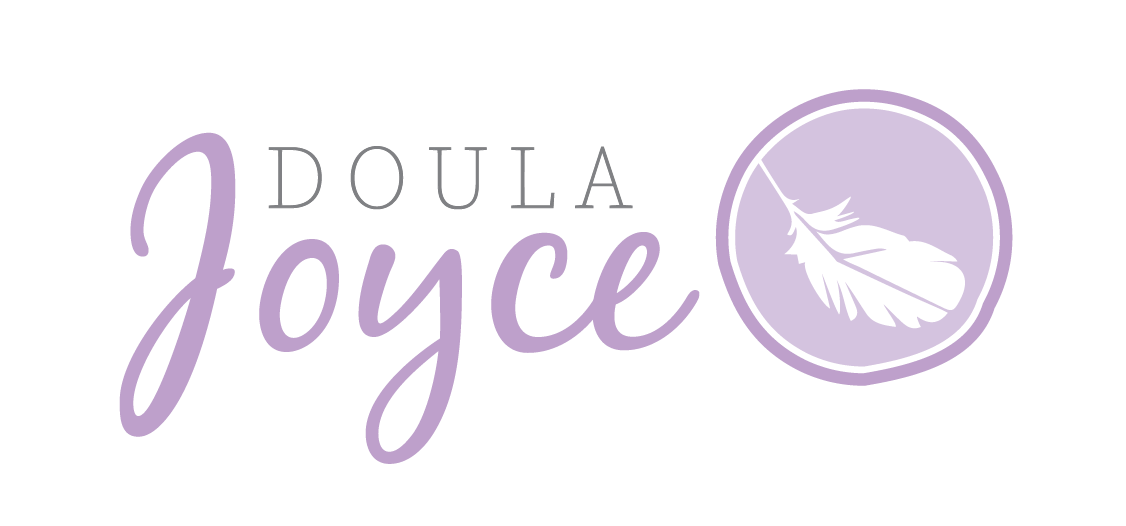Book Review: Your Medical Mind
I recently read the book "Your Medical Mind," by Groopman and Hartzband. The book is an illuminating look at how people approach medical decision making. The physician-authors identified three major spectra along which people arrive at their final decisions: Minimalist-Maximalist. Believer-Doubter. Naturalism-Technology. The book is a quick read, easy to understand, with a wealth of information that I found helpful in furthering my understanding of how individuals may approach medical decisions.
Drs. Groopman and Hartzband interviewed a number of patients, all facing different medical diagnoses, from mild hypertension to cancer, and asked them about how they decided on treatments, medications, surgeries, and waiting. They asked the patients about past experiences that impacted their mindset about medical intervention. They also analyzed their own medical mindsets, how they had approached medical decision making in their lives, how their families of origin, their medical training, their past experiences, and more had impacted their lives.
In their introduction, they point out that despite great advances in scientific and medical research and understanding, the truth is, "much of medicine still exists within a gray zone where there is no black or white answer about when to treat and how to treat. Often, there are several differing approaches to treatment, each with its own risks and benefits. The best choice for an individual may be anything but simple or obvious" pp 6. The venerated informed consent mantra of patient advocates around the world, BRAND, has its roots in this reality. For every medical treatment, there are Benefits, Risks, Alternatives, the option of doing Nothing, and the patient Decides. Your Medical Mind sheds light on how different patients take the same information on benefits, risks, alternatives, and come to their own, highly individual, decisions.
Importantly, the authors also address the belief that if patients decline "best practice" and expert recommendations, they must be inadequatly informed about the benefits and risks, or that they are "irrational." Rather, "physicians should defer to an individual patient's preferences in choosing whether or not to intervene" pp 63. When medical treatments carry risks, benefits, and alternatives including doing nothing, the patient's preference and choice is vitally important.
Reading this book gave me insight into how I approach medical decisions myself, and has helped me to better understand and accept the fact that my doula clients may make very different decisions than I would make in a similar situation. Due to individual experiences, personal healthcare goals, and how we think about and process medical decision-making, ten different patients facing identical circumstances and test results may make ten different decisions. And that's OK! After all, the patient is the one who bears the risks and benefits of their medical treatments. As Groopman and Hartzband discuss in their book, when patients feel confident that their medical care is the right choice for them, their feelings of regret are lessened if the treatment does not work or they experience difficult side effects. I recommend this book to anyone who anticipates making medical decisions in their life - everyone!
I feel like I need a disclaimer here, I purchased this book myself, I wasn't asked to write this review, I wanted to write it so I did. ;)

